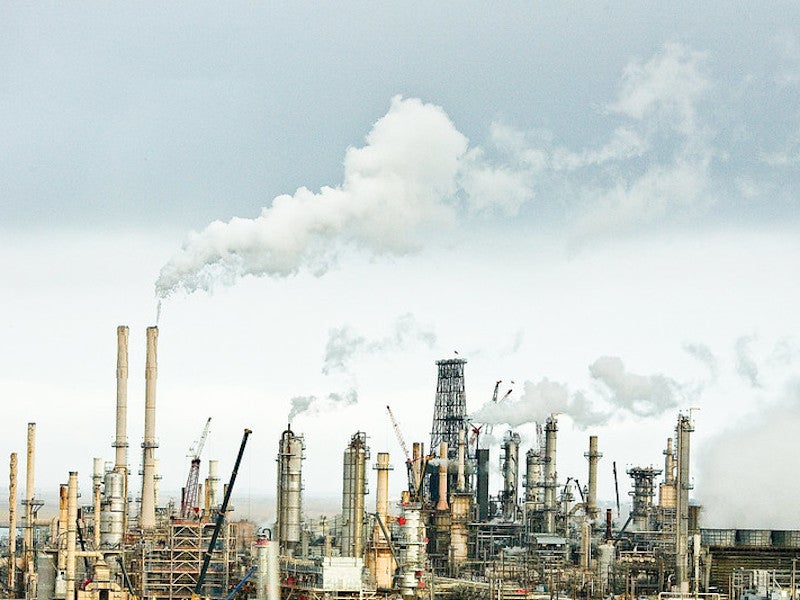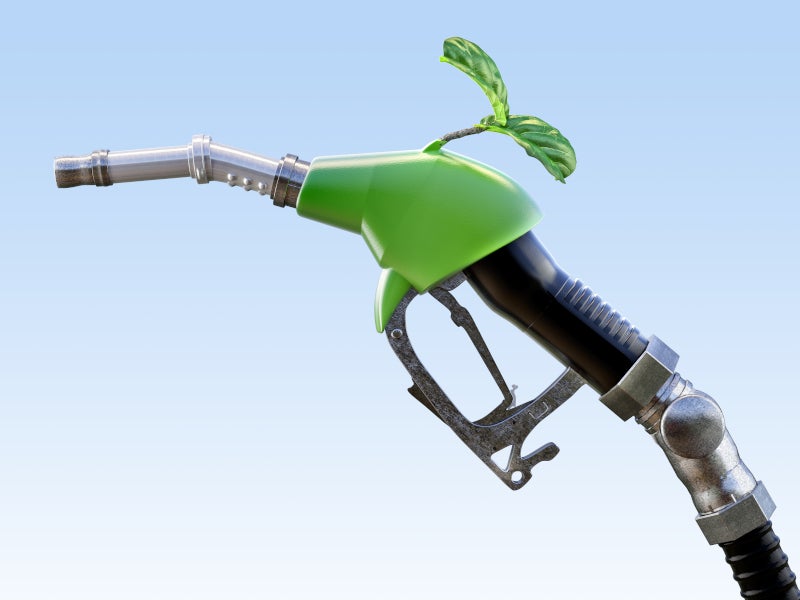Rodeo Renewed is a proposed project to convert Phillips 66’s San Francisco refinery in Rodeo, California, US into a renewable fuel plant.
Phillips 66 is undertaking the Rodeo Renewed project to meet the rising demand for renewable fuels and to help meet California’s environmental targets.
The Rodeo Renewed project involves the reconfiguration of the existing Rodeo refinery facility to produce 680 million gallons per year or 44,000 barrels per day (bpd) of renewable fuel. Separately, a diesel hydrotreater conversion project is currently under progress at the Rodeo facility which will produce approximately 120 million gallons per year (8,000bpd) of renewable diesel.
Rodeo is expected to become the world’s biggest renewable fuel production facility when both of these projects are commissioned.
Subject to approval from the authorities, Phillips 66 is planning to start the production of renewable fuels from the Rodeo Renewed project by early 2024. The conversion project is expected to reduce the current operating expenses of the Rodeo facility.
The total capital expenditure on the Rodeo Renewed project is estimated to range between £573m ($750m) and £612m ($800m). Phillips 66 is expected to make a final investment decision (FID) on the project by the first quarter of 2022.
Location
Originally built in 1896, the San Francisco Rodeo refinery facility is spread over approximately 1,100 acres in Contra Costa County, California, USA.
Rodeo Renewed project details
The project involves the construction of pre-treatment units and the repurposing of the existing hydrocracking units in the Rodeo facility to process renewable feedstock for the production of renewable fuels.
The feedstock will include tallow, used cooking oil, fats, greases, and soybean oils. The renewable fuels that will be produced in the Rodeo facility will include renewable diesel, renewable petrol, and affordable jet fuel.
The Rodeo facility’s greenhouse gas emissions are expected to be reduced by 50% following the conversion as the facility will cease to process crude oil after the conversion project.
Diesel hydrotreater conversion project
The conversion of an existing hydrotreater at the Rodeo facility is currently under progress to process renewable feedstock. After conversion, the hydrotreater will process renewable feedstocks like soybean oils to produce renewable diesel.
The converted hydrotreater is expected to start operations by mid-2021. The capacity of the hydrotreater will be approximately 120 million gallons per year (8,000bpd) of renewable diesel.
The San Francisco Rodeo refinery
The San Francisco refinery comprises two refining facilities in Rodeo and Santa Maria in California. The Rodeo facility is located in the San Francisco Bay Area, while the Santa Maria facility is situated in Arroyo Grande approximately 322km south of San Francisco. Both the facilities are connected by pipelines.
The crude oil is converted into semi-refined products in the Santa Maria facility and the intermediate refined products are then pumped through a 322km-long pipeline to the Rodeo facility for the production of finished petroleum products.
The processing facilities at the San Francisco Rodeo refinery include crude distillation, naphtha reforming, hydrocracking, hydro-desulphurisation, and delayed coking units. The refinery supplies the majority of its production to customers in California.
The San Francisco refinery has a crude oil processing capacity of 120,000bpd with a Nelson complexity factor of 14.3.
Phillips 66 plans to cease production at the Santa Maria refining facility and the Rodeo carbon plant in 2023.





